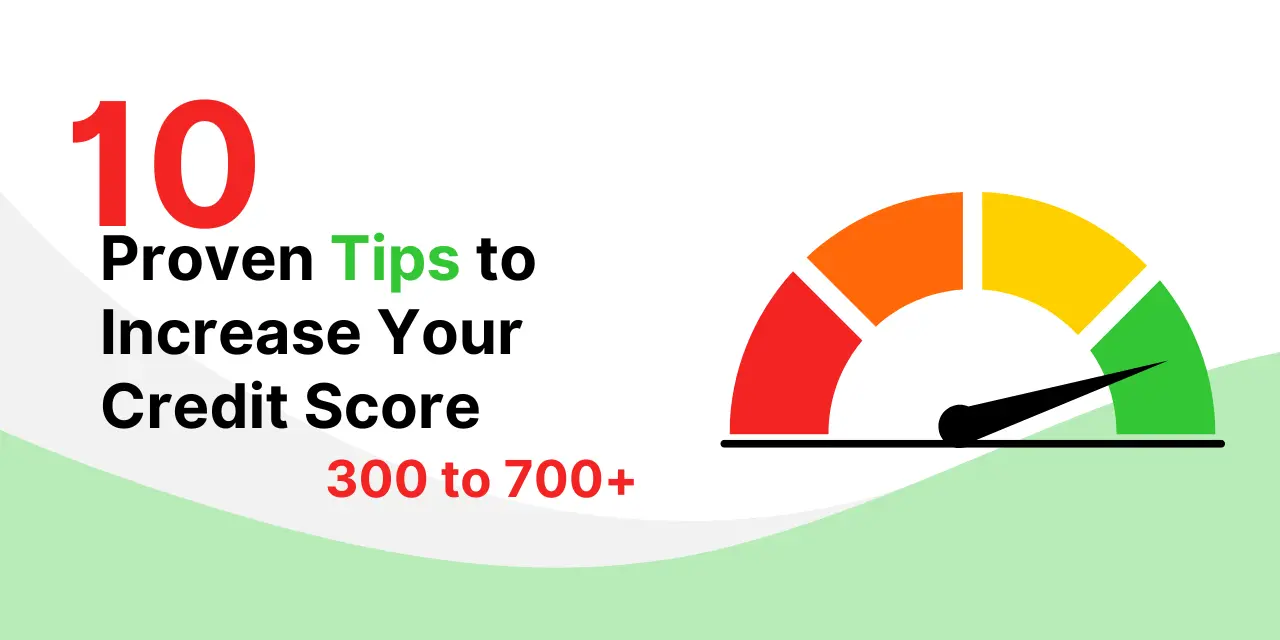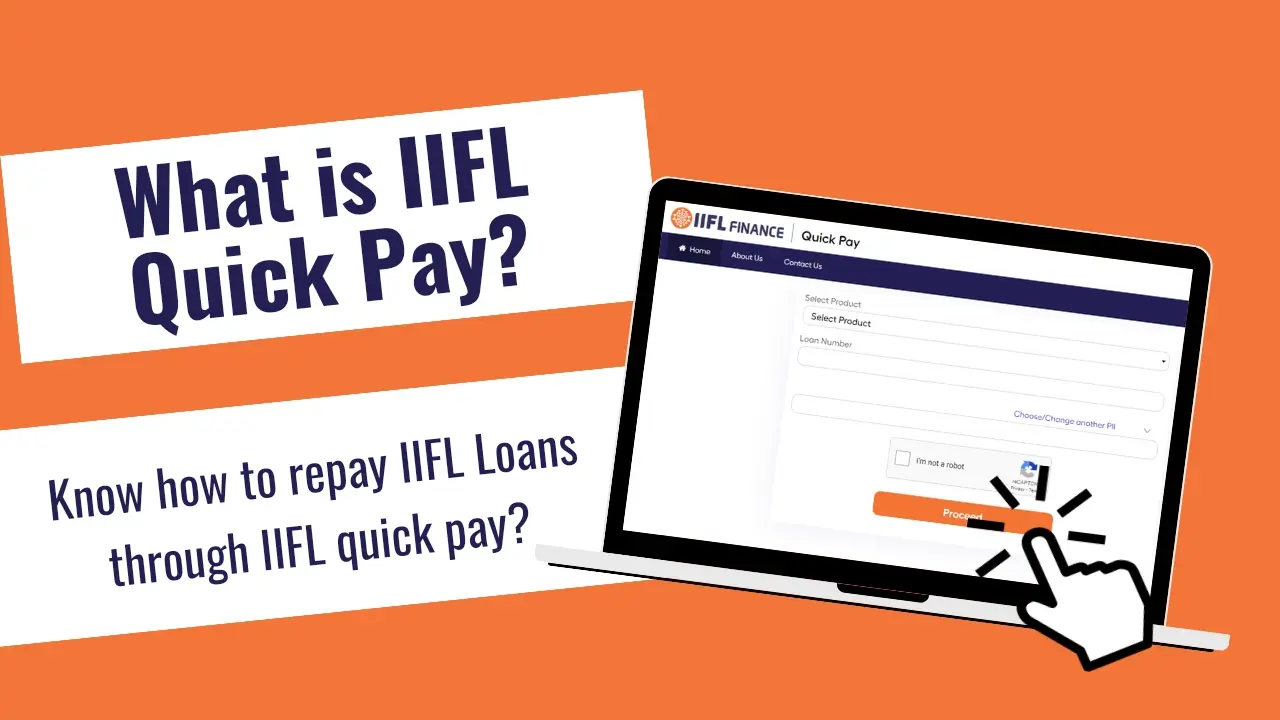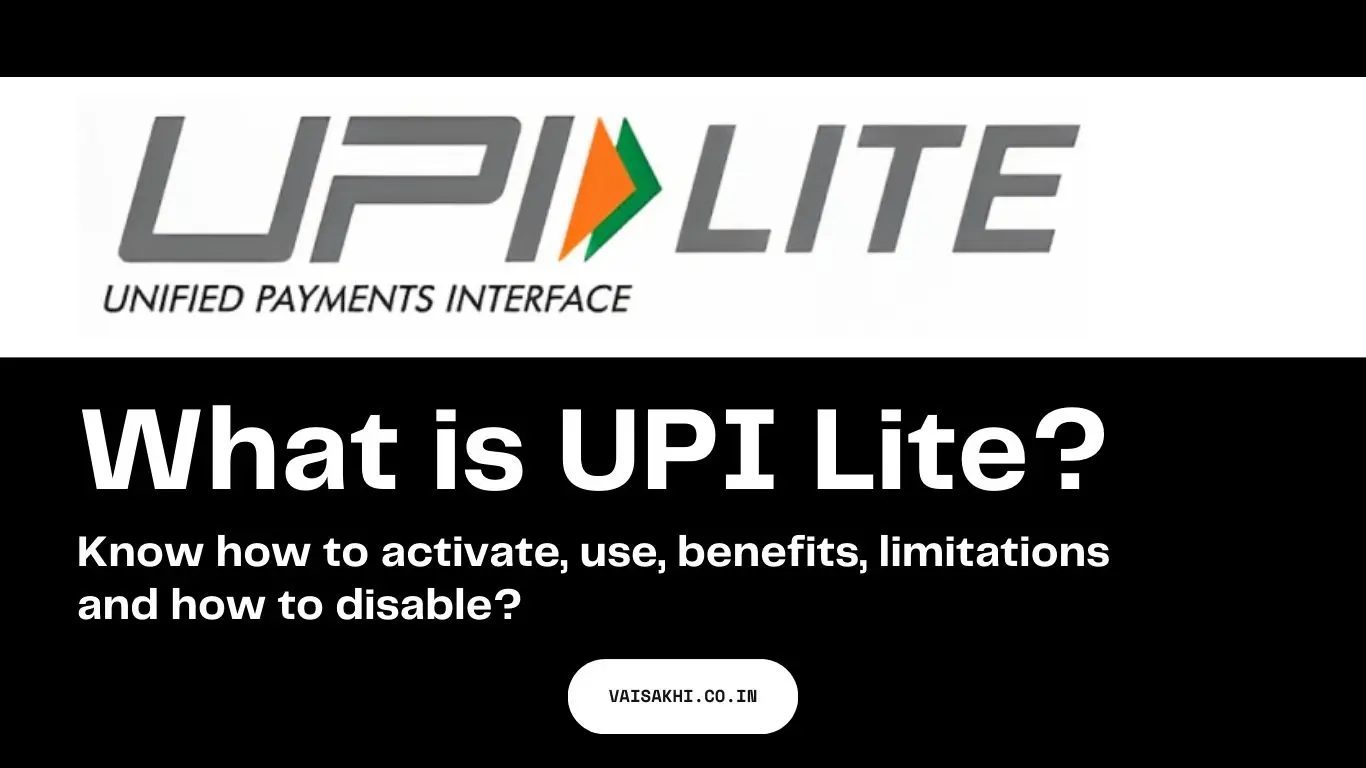Struggling to improve your credit score from 300 to 750? Don’t worry, you’re not alone. In this guide, we’ll share 10 proven tips to increase credit score significantly. From understanding credit reports to making timely payments, these strategies will put you on the path to financial freedom.
What is Credit Score (CIBIL Score)?
A credit score (or CIBIL score in India) is a number that shows how good you are at managing money you borrow, like loans or credit cards. It ranges from 300 to 900.
The higher your score, the more likely banks will trust you to pay back money. A good score means you can get loans easily, while a low score makes it harder to borrow money.
Also Read: Google Pay Loan review: Know how to get loan from Google Pay
10 Proven Tips to Increase Credit Score
If your CIBIL score is currently around 350, don’t worry—there’s plenty you can do to improve it. Here’s a step-by-step guide to help you take control and boost your score to a healthier 750:
Tip-1. Correct the Errors on Your Credit Report
First, review your credit report carefully. Look for any errors or unauthorized inquiries. If you find mistakes, raise a dispute to get them corrected. This simple step can make a significant difference and set you on the right path.
Tip-2. Make Timely Payments
Consistency is key. Ensure you pay your loan EMIs and credit card bills on time, every month. Missing payments can hurt your credit score. If you’re struggling financially, try to pay at least the minimum amount due. Regular, timely payments show lenders you’re responsible.
Tip-3. Take Starter Loans
If you’re new to credit or your score has dropped due to past issues, consider taking a small personal loan. Yes, interest rates might be higher, but making timely payments on this loan will help build your credit over time. It’s a step-by-step process, but it’s worth it!
Tip-4. Limit Your Loans
Be cautious about taking on too many loans at once or making multiple hard inquiries in a short period. Each hard inquiry remains on your report for up to 7 years and can negatively impact your score. Focus on managing a few loans well rather than spreading yourself too thin.
Tip-5. Diversify Your Credit
A mix of credit types—such as credit cards, secured loans, and unsecured loans—can positively impact your credit score. It shows you can handle different forms of credit responsibly. Just be sure to use them wisely and avoid accumulating unnecessary debt.
Tip-6. Maintain Your Credit Utilization Ratio
Your credit utilization ratio is the amount of credit you’re using compared to your total available credit. Keep this ratio below 30%. For example, if you have a credit limit of ₹1,00,000, try not to use more than ₹30,000. High utilization can make you seem desperate for credit and hurt your score.
Tip-7. Don’t Settle Your Loans
Settling a loan, which involves paying a portion of the amount due and having the loan marked as settled, can severely damage your credit score. If you have settled loans, try to pay off any remaining dues to close the loan properly. Settling loans should be a last resort.
Tip-8. Plan Your Loans in Advance
Avoid applying for loans haphazardly. Use an EMI calculator to figure out how much you can afford to repay before taking on new debt. Planning ahead helps ensure you can make timely payments and manage your loans without putting your credit score at risk.
Tip-9. Increase Your Credit Limits
If you have a good payment history, request higher credit limits on your existing credit cards. A higher limit can improve your credit utilization ratio, provided you don’t increase your spending. Just make sure to use this increased limit responsibly.
Tip-10. Keep Old Accounts Open
Maintaining long-standing credit accounts can positively impact your credit score. The length of your credit history contributes to your overall score, so avoid closing old accounts even if you no longer use them. Keeping them open shows a longer history of responsible credit use.
Tip-11. Check Your Credit Score Timely
Individuals should regularly monitor their credit score by visiting the official CIBIL website (Credit Information Bureau (India) Limited) or any other authorized platforms that provide CIBIL score checks. Keeping track of your credit score helps you stay aware of your financial health and detect any discrepancies or negative changes early on.
By following these Tips, you’ll be well on your way to improving your CIBIL score. Remember, it’s a gradual process, but with persistence and careful management, you can transform your credit score from 300 to 750.
Also Read: What is UPI Lite: how to activate, benefits, limitations
How to Increase Credit Score by Bekifaayati
Conclusion
A CIBIL score above 700 is like having VIP access to most credit products—pretty awesome, right? Of course, you can still get loans with a lower score, but having a higher score is like having a superpower in the financial world!
Boosting your credit score is a bit like training for a marathon . It takes time and patience, but with the right steps (think paying your EMIs on time and keeping your credit utilization in check), you’ll be crossing that finish line in no time! Every small action counts and can really add up to a great score!
And if you find yourself in urgent need of funds, don’t stress! MoneyView offers personal loans even if your CIBIL score is as low as 600. For more details, swing by our website or download the MoneyView app. We’re here to help you get back on track!
FAQs
What is a good CIBIL score?
A CIBIL score does indeed range from 300 to 900, with 300 being the lowest (poor credit score) and 900 being the highest (excellent credit score).
What is the highest cibil score?
The highest possible CIBIL score is 900.
What is the definition of a credit score?
A credit score is a numerical representation of a person’s creditworthiness, which reflects their ability to repay borrowed money. It is used by lenders, such as banks and financial institutions, to assess the risk of lending to an individual. A higher credit score indicates that a person is more likely to repay debts on time, while a lower score suggests a higher risk of default.



